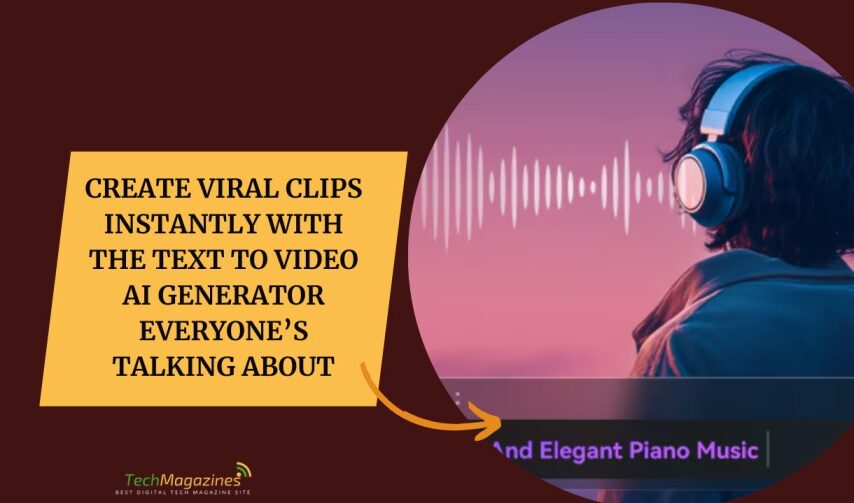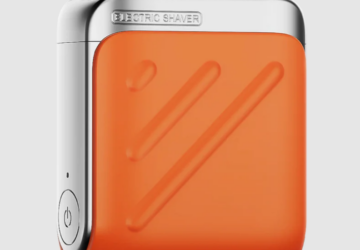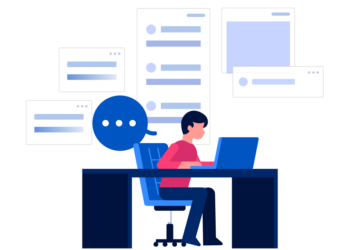On Monday, Microsoft’s GitHub brought out a new kind of Copilot. Not a man, but an AI agent. It does the work of a programmer—quiet, steady work. You tell it what to do. It does it. When it finishes, it tells you. That’s all. You can look at what it made in GitHub, that great storehouse of code. If you don’t like it, you ask for changes. If you do, it slides the new lines into your old files. Neat and clean.
Microsoft Introduced AI Coding Assistant at Build Conference
They announced it in Seattle, at Microsoft’s Build conference. The timing felt right. Microsoft wants AI to become part of the craft, like a good set of tools. The agent might help their kit stand out from what Atlassian or GitLab offer. It could give them an edge.
“State-of-the-art,” said GitHub’s chief, Thomas Dohmke. He wrote about it in a blog. Said the agent was good at tasks with some bite but not too much—adding things, fixing them, making the code tighter, the tests longer, the docs clearer. Not a genius, but steady and sure. Anthropic’s Claude 3.7 Sonnet keeps its mind ticking.
- GitHub AI Agent
Assign a task to Copilot in GitHub, and it answers with eyes. Just the eyes emoji. Then it gets to work. It makes a new file, puts the code there, and writes down what it did. It doesn’t sit in some code-writing box. It moves like a teammate. One more hand in the room.
Alex Devkar from Carvana said as much. He runs engineering and analytics there. “The GitHub Copilot coding agent fits into our existing workflow and converts specifications to production code in minutes,” he said in a blog post. “This increases our velocity and enables our team to channel their energy toward higher-level creative work.” That’s how he put it.
Standing Out from Lighter Coding Tools in the Market
Lately, folks have been using lighter tools like Cursor and Windsurf. Say a few words, and the code comes. People call it “vibe-coding.” It’s mostly for building new things from scratch. But GitHub’s agent is different. It stays with the code. Keeps it alive. Fixes it. Maintains the library.
Since Microsoft bought GitHub in 2018, it’s grown large. Big enough to pull in over $2 billion a year. That was the figure last summer. The work is steady. The tools get better. And the hands, whether human or not, keep building.
New Copilot Agent Mode Expands GitHub’s AI Capabilities
The GitHub Copilot assistant has changed. It has a new agent mode now. That puts it in the ring with tools like Cursor and Windsurf. It’s not just a helper—it does the work. Satya Nadella, Microsoft’s chief, told analysts that over 15 million people now use it. That’s four times more than last year. There is a free version. It gives you a taste. Just enough to see what it can do.
Access Tiers and Pricing for GitHub Copilot Agent
But the new agent isn’t free. Not for the lone coder, unless they pay. You’ll need a Copilot Pro+ subscription, or you’ll need to be part of a company on the Copilot Enterprise plan. That’s what GitHub said. It’s still in preview. That means GitHub is listening. They want to hear from the early ones. See how it works in the wild. Then they’ll shape it, polish it, and send it out for real.
Conclusion
With the coding landscape moving towards AI assistance, GitHub’s new agent is a subtle but important evolution. It’s not so much “move fast and break things” as “move slowly and fix things” – a digital plumber for the leaky pipes of your code. This maintenance focused approach may be refreshingly practical to the tech industry, always enamored with shiny new toys. The pricing structure feels like finding a cover charge at your favorite coffee shop for the lone wolves of coding.
For teams drowning in technical debt, however, an AI that quietly patches holes while humans dream up the next big thing might justify the expense. Ultimately, GitHub’s move is indicative of a maturing AI ecosystem that is no longer about dazzling, but delivering. Whether this digital handyman becomes as essential as version control remains to be seen, but Microsoft is betting that your next coding buddy is going to be a pair of emoji eyes.








